Ocean-scale Dataset Allows Broad View of Human Influence on Pacific Coral Reef
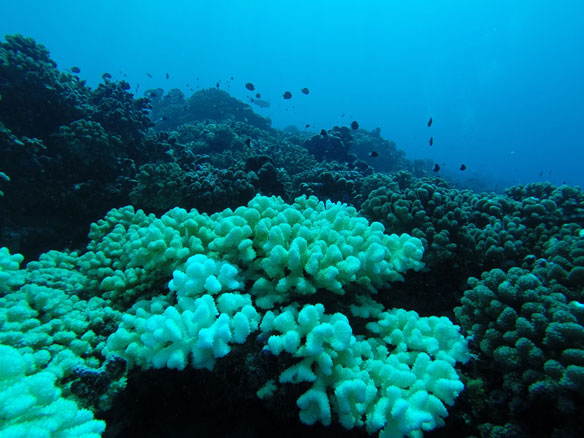
A study draws on data from nearly 40 islands and atolls across the central and western Pacific, including 25 unpopulated islands, to investigate the relative influence of environmental variation and human presence on reef fish assemblages. The resulting message is sobering.
Communities Leading the Way to Save Madagascar’s Mangroves
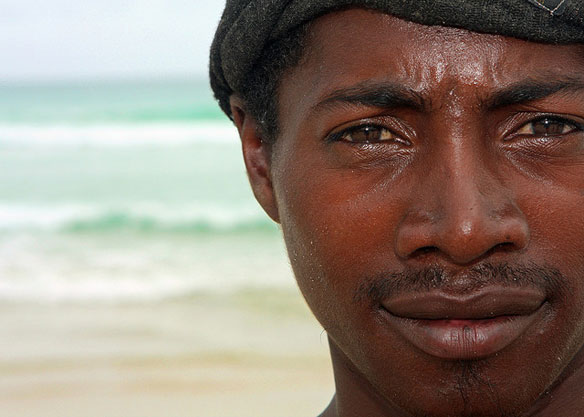
A recent study carried out by the University of Antananarivo and Blue Ventures found that between 1990 and 2010, Ambanja and Ambaro Bays lost approximately 20 percent of their mangroves. In northwest Madagascar, charcoal production for urban markets is the biggest driver of this loss.
Coastal Mangrove Squeeze in the Mekong Delta

The role of mangrove forests in providing coastal zone stability and protection against flooding is increasingly recognized. The specific root, stem, and canopy system of mangroves is highly efficient in attenuating waves and currents. The sheltered environment created by a healthy mangrove forest offers great sedimentation potential.
Despite Protections, Miami Port Project Smothers Coral Reef in Silt
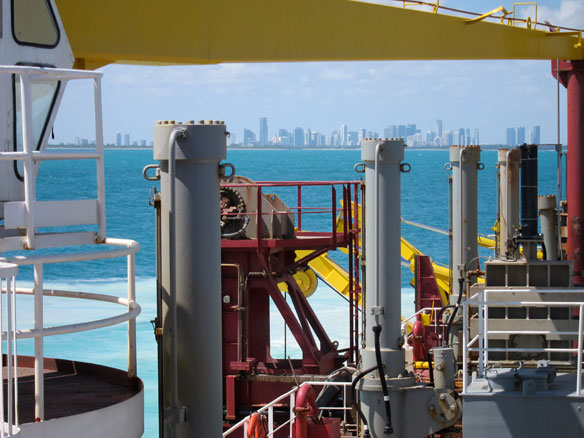
The government divers who plunged into the bay near the Port of Miami surfaced with bad news again and again: Large numbers of corals were either dead or dying, suffocated by sediment. The source of the sediment, environmentalists say, is a $205 million dredging project…
Along Cuba’s Coast, The Last Best Coral Reef in the Caribbean Thrives

While coral reef cover has declined by 50 percent throughout the Caribbean, Cuba has managed to retain some of the most pristine coral reef environments on earth. Lack of coastal development, limited tourism, small amounts of runoff flowing into the sea, tight controls on commercial fishing, and the establishment of extensive marine protected areas have all combined to give Cuba the most remarkable coral reef environments in the Caribbean.
Artificial Reef Enhancement Underway, North Carolina
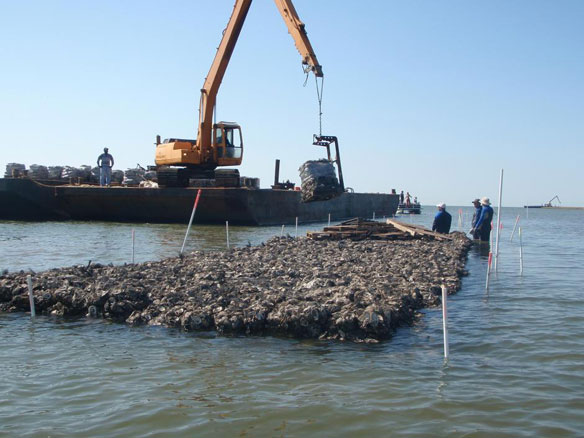
Over the next couple months, more than 2 million tons of concrete material will be dropped over local artificial reefs, providing habitat for ocean life on barren stretches of the sea floor.
Warm Ocean Temperatures May Mean Major Coral Bleaching
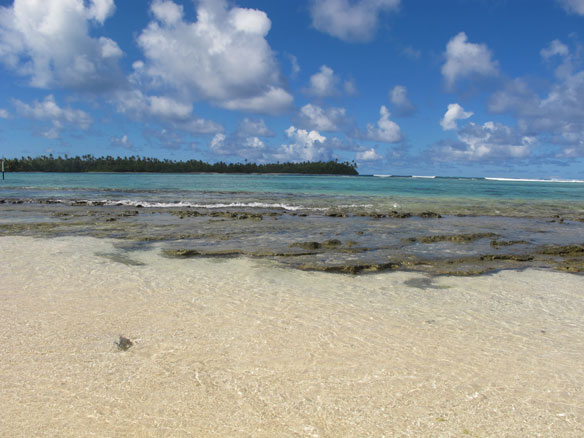
NOAA scientists are warning that warm ocean temperatures in the tropical Pacific and Indian Oceans could set the stage for major coral bleaching events across the globe in 2015.
Great Barrier Reef: Warmer Waters Helping Coral-Eating Starfish Thrive
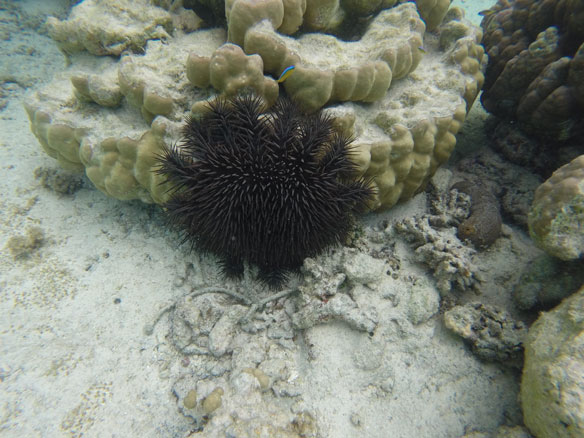
The survival chances of crown-of-thorns starfish increase by as much as 240% if sea-surface temperatures rise 2C, say Australian researchers.
To Save Coral Reefs, First Save the Mangroves
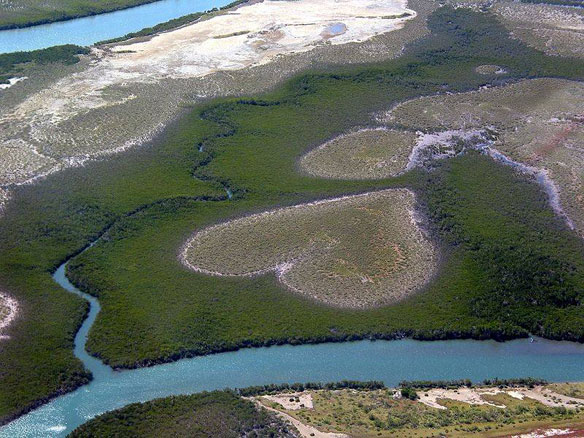
With coral reefs in decline and NOAA calling for a larger protected area for reefs in the Gulf of Mexico, U.S. Geological Survey scientists are pointing out another strategy to save reefs: First save the mangroves.
